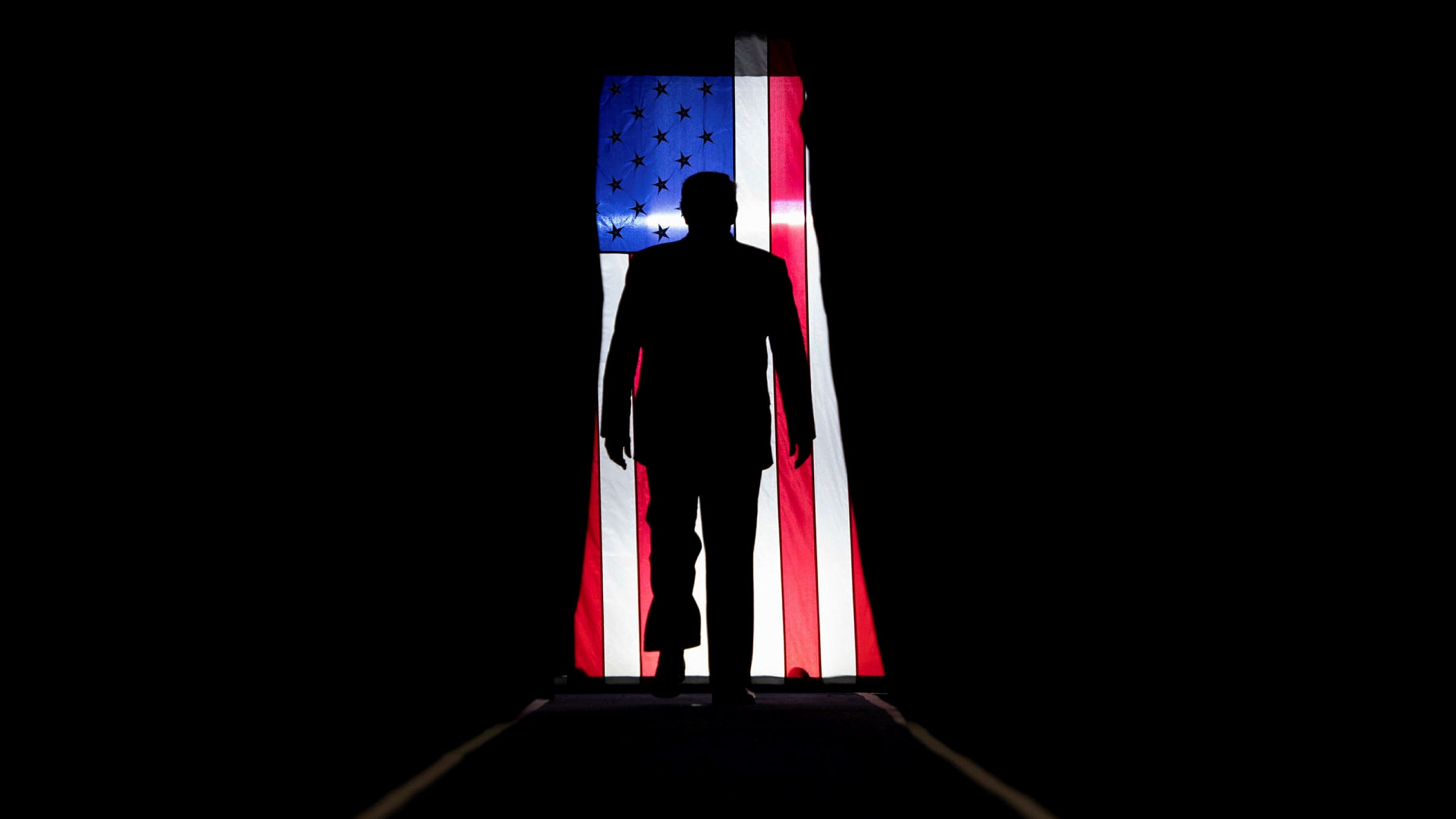
What Happens after the Acquittal? These 3 Sentences Say That the Case Is Not Over for Trump
Saturday night, the United States Senate acquitted Donald Trump. Fifty-seven members voted to condemn him. Forty-three votes were nevertheless enough to acquit the ex-president of having incited the riots on Jan. 6. Trump still risks continued legal headaches, and the political consequences can stretch on for years into the future.
Can Trump Be Punished by the Criminal Justice System?
In principle, he can. His fellow party member, Mitch McConnell, let Trump have it after having voted to acquit him. Yet he argued for formally acquitting him in the impeachment trial. Only a sitting president can be convicted, he felt.
In McConnell’s tirade against Trump, there are three sentences that suggest that Trump’s troubles could continue. “We have a criminal justice system in this country. We have civil litigation. And former presidents are not immune from being [held] accountable by either one,” said McConnell.
The FBI has begun a major investigation of the riots. Yet, investigating Trump separately is not a priority. In theory, Trump could be indicted for “incitement of insurrection” even though the court in his impeachment trial acquitted him. The burden of proof will be heavier in a criminal proceeding. There it must also be shown that Trump intended to cause his followers to invade Congress.
Regardless, his name will be tainted by the incident. Thus far, 192 of those who stormed Congress have been arrested or charged by the FBI. The FBI continues to hunt for several hundred more.
It may well be that in their defense, some of these rioters will attempt to summon Trump as a witness. Time may show that many will defend themselves by saying something like this: “I carried out a patriotic duty and did as the president said.”
“If this was a conspiracy, Trump was the leader,” says attorney Jonathan Zucker in The New York Times. He is the lawyer for one of those arrested from the Proud Boys group.
As McConnell indicated, Trump can also be sued. People who were assaulted in the attack can take legal action. For example, people who were injured in the riots can demand compensation.
In a related case, a Trump conversation is also being investigated in Georgia. He futilely tried to persuade the state’s election authorities to change the election result. His fellow party member, Brad Raffensperger, refused. In addition, he released the recording of the conversation.
Political Rebuke?
Congress can consider rebuking Trump; his is called censure. Yet such a resolution provides no concrete result. It is merely a formal scolding. The proposal has been floated, but before the impeachment trial, there was no great interest. It is unclear if enthusiasm for this is greater now.
Can He Be Barred from Running for Office Again?
In the impeachment trial, it is understood that the accused first must be convicted with a qualifying majority. Only then can a simple majority decide that the convicted person cannot hold public office again. As seen, this path is now barred for the future.
There is still another option. After the Civil War in the 1860s, a new provision was added to the U.S. Constitution. With it, access to public office can be barred. It applies to people who have “participated in insurrection or rebellion” against the Constitution. The decision can be made with a simple majority in both chambers of Congress.
A Future as a Politician?
Trump went public after the acquittal. He indicated that he would continue to be engaged in politics. Trump called the impeachment a political “witch hunt.” He used the same term about the first impeachment trial. The investigation of Russia’s influence in the 2016 election battle also received this label.
His statement on Saturday did not explicitly say that he would run for election again in 2024. “In the months ahead I have much to share with you and I look forward to continuing our incredible journey together to achieve American greatness for all of our people,” he said.
Trump has shown himself to be a formidable fundraiser even after the election loss. From the time of his loss to the insurrection, he pulled in approximately $235 million. These funds can be used for a new campaign, for influence in the party or funneled into Trump’s companies.
The Split in the Party
The split in the Republican Party has become even more evident after the impeachment trial:
•In the House of Representatives, 10 party members voted to indict Trump.
•In the Senate, seven voted to convict him.
In addition, there are those who have gone against Trump. McConnell’s speech Saturday evening contributed heavily to this. In it he said that Trump was “morally responsible” for the insurrection. Those who had stormed Congress were “criminals.” He branded allegations of election fraud as “looney lies” and “conspiracy theories.”
Nikki Haley, Trump’s U.N. ambassador, said Friday that Trump had abandoned the party and that he should never run again. Haley herself is thought to be eying an attempt at running for president in the 2024 election.
Many party members will be facing internal challenges by 2022. Congressional representatives and senators who were not perceived as Trump-loyal enough will have rivals from within their own ranks. John Thune, a senator from South Dakota, recently pronounced himself critical of the assertions of election fraud. At the time, Trump still had access to Twitter. He immediately lashed out and said that Thune needed a challenger.

